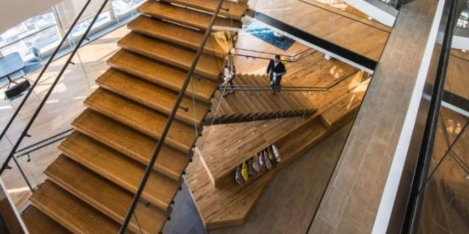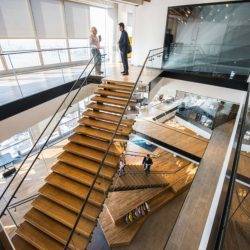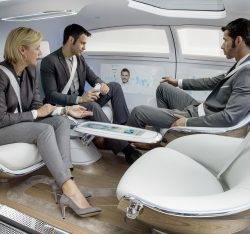January 31, 2017
London salaries fall as UK becomes less capital-centric, and it could be due to Brexit 0
 London continues to be the region with the highest number of advertised vacancies (248,605) and the highest average salaries (£38,449), but its previously unassailable supremacy may soon be challenged, a new survey suggests. According to the latest UK Job Market Report from Adzuna real-time jobs data average salaries in the capital have fallen more (-3.9 percent) than any other region in the UK in the past year as salary growth in the rest of the UK catches up at a more consistent rate. This also represents a wider shift in the jobs market as the Government creates a solid post-Brexit UK economy that drives growth across the whole country. It is likely growing trends such as companies relocating their headquarters to cities outside the capital such as Manchester will continue as well as reinvestments into northern powerhouses to revitalise former struggling areas and industries. With competition for jobs per jobseeker per vacancy rising from 0.43 to 0.45 in January, jobseekers in the capital may have two hurdles ahead in the shape of a more competitive job market and pedestrian salary growth.
London continues to be the region with the highest number of advertised vacancies (248,605) and the highest average salaries (£38,449), but its previously unassailable supremacy may soon be challenged, a new survey suggests. According to the latest UK Job Market Report from Adzuna real-time jobs data average salaries in the capital have fallen more (-3.9 percent) than any other region in the UK in the past year as salary growth in the rest of the UK catches up at a more consistent rate. This also represents a wider shift in the jobs market as the Government creates a solid post-Brexit UK economy that drives growth across the whole country. It is likely growing trends such as companies relocating their headquarters to cities outside the capital such as Manchester will continue as well as reinvestments into northern powerhouses to revitalise former struggling areas and industries. With competition for jobs per jobseeker per vacancy rising from 0.43 to 0.45 in January, jobseekers in the capital may have two hurdles ahead in the shape of a more competitive job market and pedestrian salary growth.

































